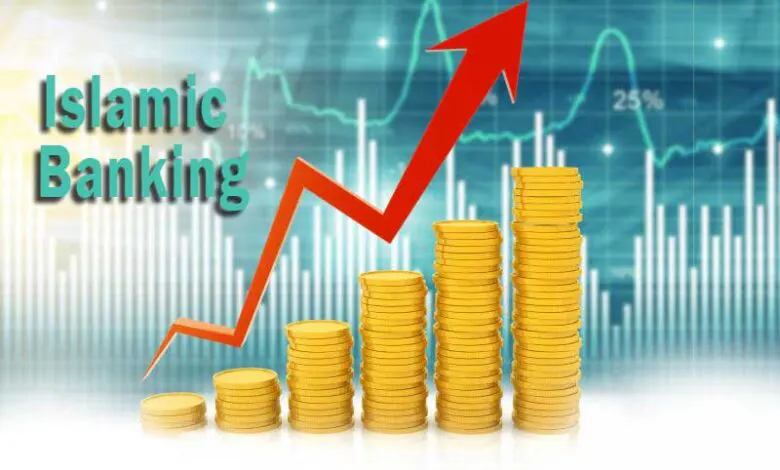Islamic finance is on the rise in Indonesia, but the country must not miss this chance to pave the way for its dream of becoming the world’s largest center for the sharia economy.
The Indonesian Financial Services Authority (OJK) reported that sharia finance assets had climbed to Rp 2,375 trillion as of Dec. 2022, up by 15.87 percent from the previous year. Islamic finance accounts for 10.69 percent of the market share of the financial assets in Indonesia.
“We also rank third in the 2022 Islamic Finance Indicator [IFDI]. But we need to make sure that we do not miss out on this momentum,” Friderica Widyasari Dewi, head for consumer protection at the OJK, said at the 2023 Ramadan Insight Forum: Sharia Economy hosted by Investor Daily in Jakarta on Thursday.
“Our Muslim population is large, so this [country] is a highly potential market. But remember, sharia products are not just for Muslims. but for everyone. From a governance standpoint, there are tons of benefits to using sharia products. Non-Muslims in Indonesia have also begun to use sharia finance products,” Friderica said.
Indonesia, however, still needs to work on improving literacy and inclusion for shariah finance, which still falls behind that of the national indexes, according to Friderica.
Data shows the Islamic financial literacy index stood at 9.1 percent in 2022. The sharia financial inclusion index only reached 12.1 percent in a country of which 87 percent of its population are Muslims. The nationwide financial inclusion index hit 85.1 percent in 2022, while the literacy index amounted to 49.7 percent.
“So there is a huge gap. But we must remain optimistic, and see it as us still having a huge room for growth. […] We need innovations not just from just financial services and products, but also halal products to spur demand in the public. It is impossible for the [Islamic] financial sector to grow without the demand in the sharia finance ecosystem,” Friderica said.
“We will soon launch a masterplan on financial literacy and inclusion index development, and that would also include sharia finance,” Friderica said.
B Universe Media Holdings Executive Chairman Enggartiasto Lukita said he was optimistic that the sharia economy would continue to grow under OJK’s supervision.
“What OJK has said earlier [at the Ramadan Insight forum] is comprehensive and easily understood. Now we know where this sharia economy is heading,” Enggartiasto said.
Competing with Conventional Banks
Two years ago, Indonesia merged three state-owned Islamic banks into Bank Syariah Indonesia (BSI). The three banks were Bank BRI Syariah, Bank Syariah Mandiri, and Bank BNI Syariah.
Asset-wise, BSI represents 56.59 percent of the Indonesian sharia banking market share as of Nov. 2022. BSI also boasts 1,101 branches. This places BSI in the top 5 Indonesian banks with the most branches, along with conventional giants such as BRI and BCA.
“Indonesia is an archipelagic country. Having many branches spread across the archipelago is crucial to boost market penetration as well as sharia financial literacy,” Ade Cahyo Nugroho, the director for finance and strategy at BSI, said.
“Indonesian Muslims would like to see a sharia bank that can provide services and pricing that are as good as conventional banks. So sharia financial banks must come up with innovations,” Cahyo said.
The 2023 Ramadan Insight: Sharia Economy forum is supported by BSI, Permodalan Nasional Madani, Bank KB Bukopin, and Telkom Indonesia.— Jakarta globe










